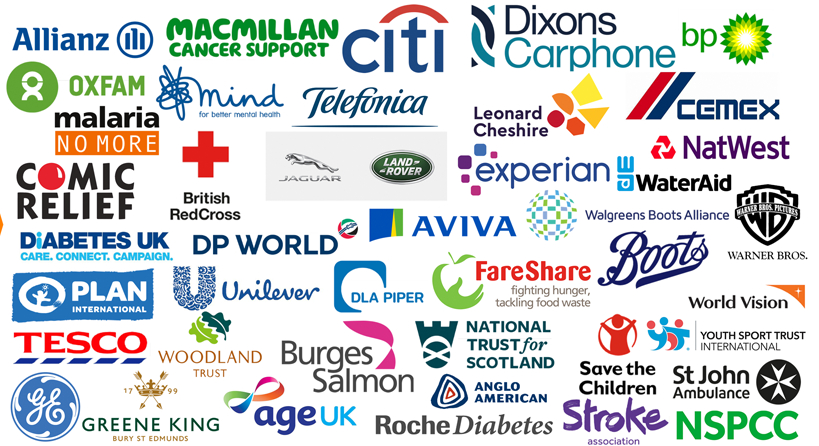Partnerships between leading companies and NGOs are deeper, longer-term, more sophisticated, and are proving more effective in addressing the big challenges facing society, according to a survey of practitioners.
Nearly all (98 per cent) of corporates now believe that their partnerships have helped them better understand ESG issues, in addition to enhancing reputation (the key motivation for 93 per cent of companies) and raising funds (the key motivation for 96 per cent of NGOs), the report finds that cross-sector partnerships better enable non-profits to achieve their mission, whilst enhancing business understanding of ESG issues, and changing the practices of businesses for the better.
Indeed 67 per cent of corporates and 63 per cent of NGOs believe that the partnership they have has helped the corporate change its business practices for the better. Over a decade of the Barometer has also recorded a gradual shift in emphasis towards the creation of deeper, problem-solving partnerships seems to have occurred, both in terms of the aims of partnerships and in their actual delivery.
The Corporate-NGO Partnerships Barometer2020, a report released by C&E Advisory also found that over a third (37 per cent) of NGOs and around a quarter (26 per cent) of corporates state that their non-profit organisations or partners do not have a holistic ESG plan or framework in place, despite the issue becoming increasingly important.
C&E Advisory CEO Manny Amadi said: “Many non-profits define themselves in narrow social or environmental ‘swim lanes’ when these issues increasingly flow in a common pool. No one actor or sector has a monopoly on doing good. In a world in which ‘trust us because ours is a good cause’ is unlikely to meet stakeholder expectation for transparency, being perceived as a deserved paragon of virtue in one regard, may not be enough to defend against criticism in an unrelated area.”
The report also notes that the most admired partnerships between a company and NGOs as seen by peers from leading companies and non-profit organisations was once again the Boots UK-Macmillan Cancer Support partnership focused on providing better information and support for people affected by cancer, working towards halving the environmental impact of the average UK shopping basket, and addressing some of the UK’s major health concerns. The inclusion of environmental issues in its aims was also reflection in the second-placed partnership, the relatively new Tesco-WWF partnership which has the aim of halving the environmental footprint of the average UK shopping basket.
Baramoter download here.
Latest News
-
PureGym raises over £100,000 for heart health charities
-
Corporate backed small charities campaign raises £1.8m
-
Charities recieve AI skills training from Neighbourly, Microsoft and Onside partnership
-
Crisps firm launches fundraiser for Air Ambulances UK
-
Football club partners with traumatic bereavement charity
-
UK firms on course for ‘disorderly’ green transition
© 2019 Perspective Publishing Privacy & Cookies









Recent Stories